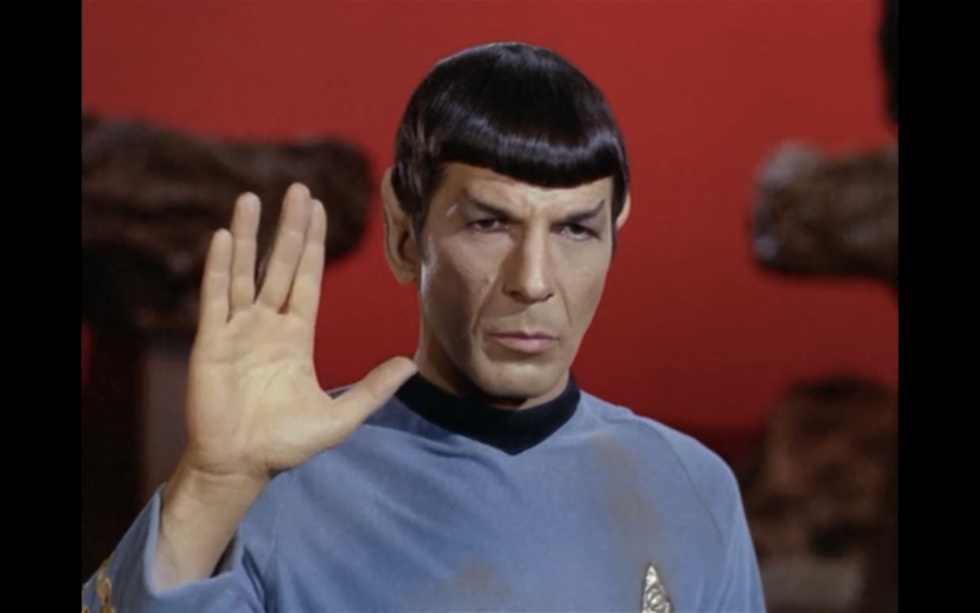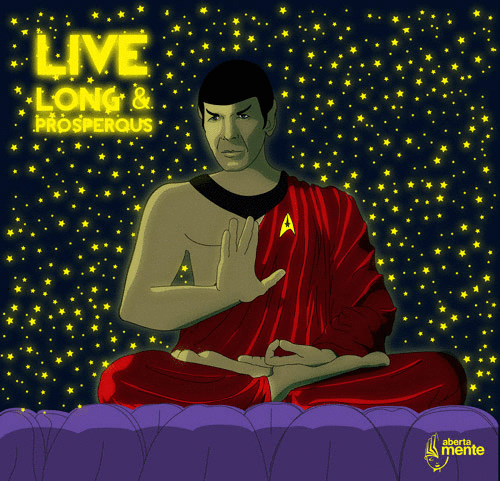Spockrates
Wonderer.
"Apathy" is a specific, whereas "not-hate" is a general.

Perhaps I'm speaking of apples and you're hearing oranges? When I use the word apathy, I'm speaking of an absence of any emotion, such as anger, resentment, empathy, concern, and the like. This would correspond to definition (1) given above, from dictionary.com.
So in the sense I'm using for the word, hatred would actually be more specific than apathy. For hatred is limited to only specific emotions and is an absence of only some emotions. But apathy is more broadly limited, insofar as it is an absence of all emotions.
But what do your ears hear when I say the word apathy?
Last edited:




